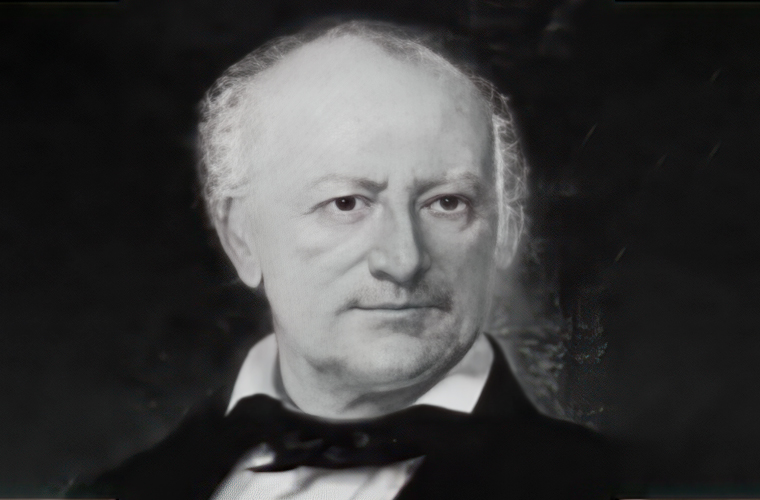Stephen Duncan was a wealthy plantation owner and politician in the antebellum South who owned hundreds of enslaved people and built his fortune through the labor of enslaved people. He was born in 1787 in North Carolina and moved to Mississippi in 1820 to establish a cotton plantation. He eventually acquired several plantations in Mississippi and Louisiana, becoming one of the largest slaveholders in the state with over 1,000 enslaved people on his plantations at the height of his wealth.
Duncan’s plantations were highly profitable due to the production of cotton, which was in high demand in the textile industries in Europe and the United States. Enslaved people were the backbone of this cotton-based economy, and Duncan, like other plantation owners, relied on the labor of enslaved people to cultivate and harvest his crops. The enslaved people on his plantations lived in harsh conditions, working long hours in the fields and living in crowded and unsanitary housing. They were often subjected to brutal punishment for even minor infractions, and their lives were completely controlled by their owners.
Duncan was known for his brutal treatment of enslaved people and was accused of ordering the execution of enslaved people who attempted to escape from his plantations. In one well-known incident, in 1856, a group of enslaved people on Duncan’s plantation in Louisiana attempted to escape. The group was caught, and Duncan ordered the execution of 22 of the escapees in front of the others as a warning. This incident was widely reported in the national press and caused outrage among abolitionists and others who opposed slavery.
Despite his wealth and power, Duncan was not immune to the social and political tensions of the time. In the years leading up to the Civil War, he became involved in the secessionist movement and was a strong advocate for Mississippi’s right to leave the Union. He served as a state senator in the 1840s and was later elected to the U.S. House of Representatives, where he continued to advocate for the interests of southern slaveholders.
After the Civil War and the abolition of slavery, Duncan’s wealth declined significantly. His plantations were no longer profitable without free labor, and he lost much of his land and property. He died in 1867, leaving behind a legacy as a powerful and controversial figure in the history of Mississippi and the American South.
Today, the legacy of Stephen Duncan and other slave owners like him continues to be a subject of debate and controversy. The history of slavery and its impact on American society and culture is an important area of study for historians, scholars, and the general public. Understanding the complexities of this history, including the role of prominent slave owners like Duncan, is essential for understanding the ongoing struggle for racial justice in the United States.

